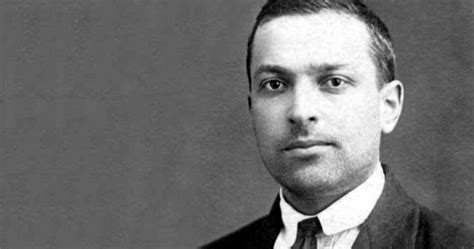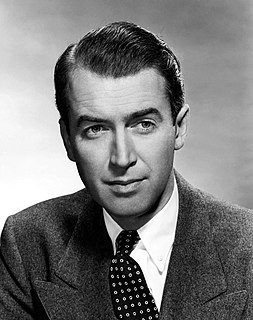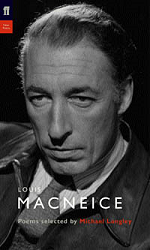A Quote by Lev S. Vygotsky
There is reason to believe that voluntary activity, more than highly developed intellect, distinguishes humans from the animals which stand closest to them.
Related Quotes
Surely it should be a matter of moral responsibility that we humans, different from other animals mainly by virtue of our more highly developed intellect and, with it, our greater capacity for understanding and compassion, ensure that medical progress slowly detaches its roots from the manure of non-human animal suffering and despair.
Animals give me more pleasure through the viewfinder of a camera than they ever did in the crosshairs of a gunsight. And after I've finished "shooting," my unharmed victims are still around for others to enjoy. I have developed a deep respect for animals. I consider them fellow living creatures with certain rights that should not be violated any more than those of humans.
When humans act like animals, they become the most dangerous of animals to themselves and other humans, and this is because of another critical difference between humans and animals: Whereas animals are usually restrained by the limits of physical appetites, humans have mental appetites that can be far more gross and capacious than physical ones. Only humans squander and hoard, murder and pillage because of notions.
Humans — who enslave, castrate, experiment on, and fillet other animals — have had an understandable penchant for pretending animals do not feel pain. A sharp distinction between humans and 'animals' is essential if we are to bend them to our will, make them work for us, wear them, eat them — without any disquieting tinges of guilt or regret. It is unseemly of us, who often behave so unfeelingly toward other animals, to contend that only humans can suffer. The behavior of other animals renders such pretensions specious. They are just too much like us.
Food production has affected the environment more than any other activity humans have engaged in. Humanity devotes more land to food production than anything else - roughly a third of the surface area of the earth, much of which was once forest but has been converted by humans into farms or grazing lands.
As Jeremy Bentham had asked about animals well over two hundred years ago, the question was not whether they could reason or talk, but could they suffer? And yet, somehow, it seemed to take more imagination for humans to identify with animal suffering than it did to conceive of space flight or cloning or nuclear fusion. Yes, she was a fanatic in the eyes of most of the country. . .Mostly, however, she just lacked patience for people who wouldn't accept her belief that humans inflicted needless agony on the animals around them, and they did so in numbers that were absolutely staggering.
The intellect searches out the Absolute order of things as they stand in the mind of God, and without the colors of affection. The intellectual and the active powers seem to succeed each other, and the exclusive activity of the one generates the exclusive activity of the other. There is something unfriendly in each to the other, but they are like the alternate periods of feeding and working in animals; each prepares and will be followed by the other.
Coming back to America was, for me, much more of a culture shock than going to India. The people in the Indian countryside don't use their intellect like we do, they use their intuition instead, and their intuition is far more developed than in the rest of the world. Intuition is a very powerful thing, more powerful than intellect in my opinion. That's had a big impact on my work.



































